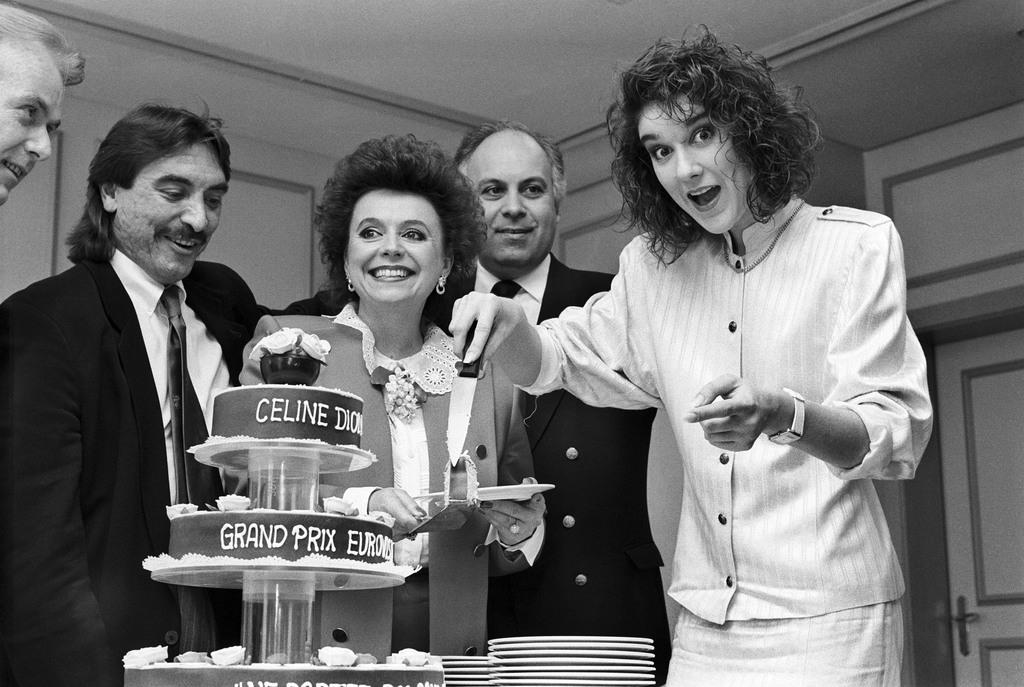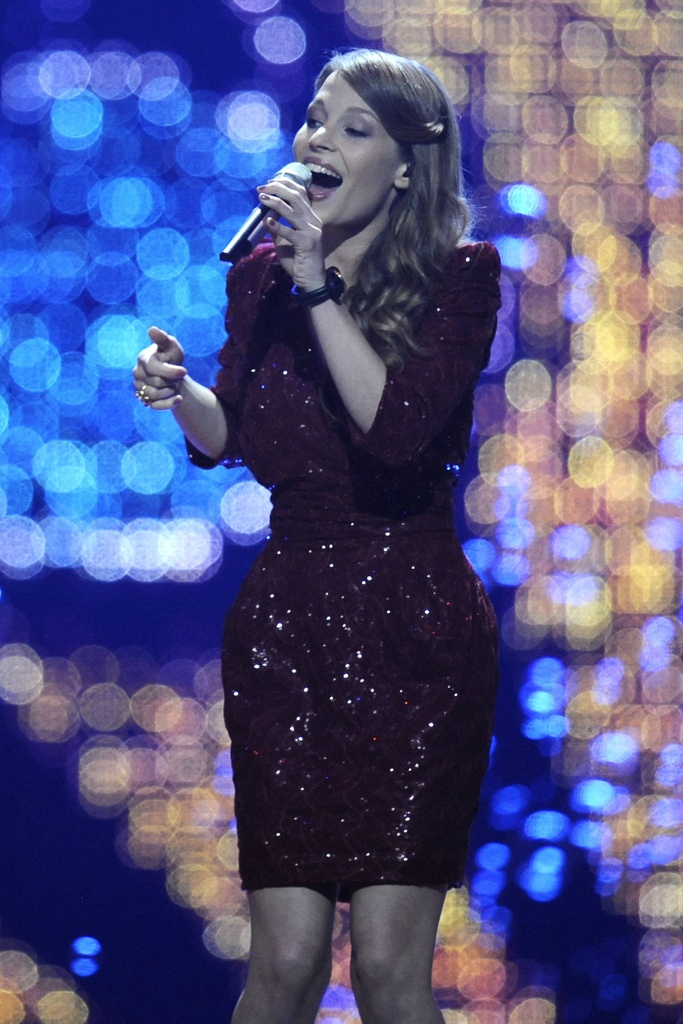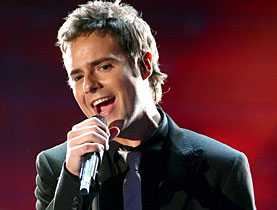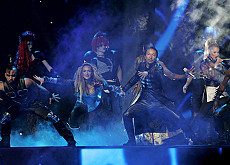Why do Swiss artists struggle at Eurovision?

On April 30, 1988, Switzerland won the Eurovision Song Contest for the second time when an unknown Céline Dion pipped the British entry by a single point. But since reaching the peak in Dublin 30 years ago, it’s been downhill all the way for the Swiss. What went wrong?
“Ne partez pas sans moi,” the 20-year-old Canadian sang live in front of a television audience of 600 million. Don’t leave without me. The juries in 20 other countries didn’t care whether the song was about pleading with a lover or running for a bus, they knew talent when they heard it.
Apart from the jury of historic rival Austria, that is, which gave the Swiss “nul points” (Switzerland returned the favour and Austria finished last). Neighbouring France also felt the Swiss effort was worth only one point. Germany, on the other hand, along with Portugal and Sweden, awarded Switzerland the maximum 12 points. Geopolitics à la Eurovision.
“It was a very strange adventure for me,” Dion said in an interviewExternal link in 2013. “I was in Montreal, where I lived, and they wanted me to go to Ireland to represent Switzerland. I didn’t get it. What were the people in Switzerland going to think? ‘Where’s she coming from? We don’t even know her’,” she worried.
“But I went there – and I felt like a horse! You can bet on the artist that you want to win. So my husband, who’s a gambler, bet on me! A lot of money. I felt I really needed to win that race! And we won, and Switzerland loved me after that.”
Looking abroad
The Eurovision Song ContestExternal link was initiated by the Geneva-based European Broadcasting Union in 1956 – Switzerland won the inaugural competition – and has become one of Europe’s most popular annual music events.
For the first decade or so, Switzerland welcomed non-Swiss acts, whether it was from neighbouring Germany, France or Italy or from further afield: Esther Ofarim from Israel in 1963 and Yovanna from Greece two years later.
After that came 20 years of Swiss singers and 20 years without success (although Daniela Simmons was runner-up in 1986).
So in 1988, Switzerland approached Céline Dion, unknown outside Quebec. “Ne partez pas sans moi” was composed by Turkish songwriter Atilla Şereftuğ with lyrics by Swiss songwriter Nella Martinetti. Although the song gave Dion her international breakthrough, it was one of the less commercially successful Eurovision winners and was the first not to be released in Britain or Ireland.

More
Switzerland’s entry for Eurovision 2018 revealed
The French lyrics complied with a Eurovision demand in place between 1977 and 1999 that a song must be performed in one of the national languages of the country participating. For Switzerland that meant German, French, Italian or Romansh (Switzerland’s sole entry in RomanshExternal link was in 1989).
Poor run
Since Céline Dion’s victory in 1988, Switzerland’s Eurovision track recordExternal link has been very poor. The country has finished in the top ten only once in the past 25 years (8th in 2005) and has qualified for the final only twice in the past ten years.
It’s hard to explain why. The Swiss have tried everything: an Estonian female rock trio in 2005; DJ Bobo, who had already enjoyed chart success in several European countries, in 2007; a Salvation Army band in 2013; even another female Canadian singer (half Swiss) in 2016. Only the Estonians qualified.
Is it because neutral Switzerland does not belong to any bloc or have any natural allies? Are other countries envious? Does it matter that over the past 15 years every Swiss entry has been sung in English apart from in 2008 and 2010? Are the Swiss simply entering bad songs?
Who knows? What is known, however, is that this year’s event is being held in Lisbon from May 8-12 and the Swiss entry “StonesExternal link” will be performed by Swiss brother and sister duo Zibbz.
Although predicting a Eurovision winner is a mug’s game, the betting oddsExternal link don’t augur well for Zibbz, who at the time of writing share the longest odds of any act. The smart money? Israel.
[Postscript: Zibbz failed to make the final and Israel did indeed win.]
What do you think? Why does Switzerland struggle at Eurovision?

In compliance with the JTI standards
More: SWI swissinfo.ch certified by the Journalism Trust Initiative




You can find an overview of ongoing debates with our journalists here. Please join us!
If you want to start a conversation about a topic raised in this article or want to report factual errors, email us at english@swissinfo.ch.